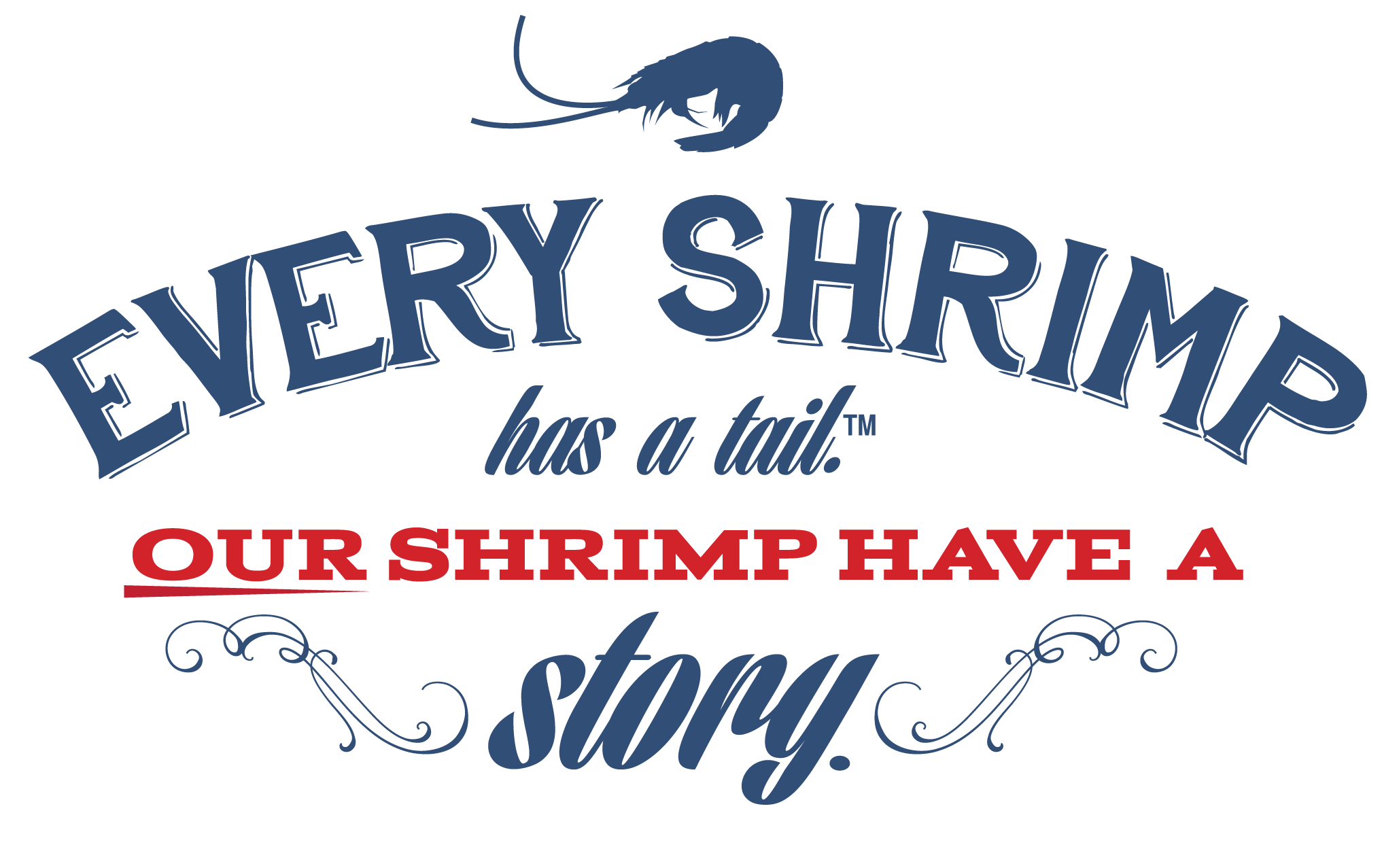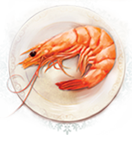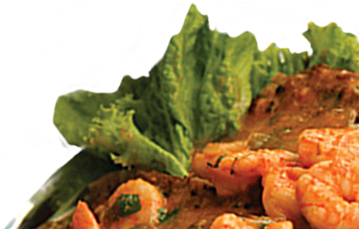ASPA Supports Consumer Reports’ Shrimp Report Released
Members of the American Shrimp Processors Association (ASPA), who account for the vast majority of domestic, U.S. production of warm-water shrimp from Gulf and South Atlantic waters, agree with the findings of the Shrimp Report released today by Consumer Reports.
“We are not surprised with these findings. The potential problems with antibiotics and health concerns found in imported shrimp are widely known in the seafood industry and government circles,” says David Veal, Ph.D., Executive Director of ASPA. “ASPA has long been an advocate for enhanced inspection, in an effort to help protect public health.”
The Consumer Reports study tested 342 samples of frozen shrimp and found harmful bacteria and illegal antibiotic residues in a small percentage. All samples were tested for bacteria including salmonella, vibrio, staphylococcus aureus, E. coli and listeria. “While the bacteria and antibiotics were not widespread throughout all samples, even a single risk for the consumer is one too many,” says Dr. Veal.
The report points out that Americans eat, on average, almost four pounds of shrimp per year and that shrimp have surpassed tuna in popularity. It also points out that about 94% of shrimp consumed in the U.S. come from abroad. A Consumer Reports press release states, “However, if shrimp isn’t raised, caught, and handled properly, this popular seafood item can pose some potential risks to consumers and the environment.”
The Food and Drug Administration (FDA), which tested less than one percent of the shrimp imports last year, does not approve of antibiotics in shrimp farming. The report points out that had antibiotics been found in one sample of imported shrimp, the entire shipment would have been refused entry into the U.S.
The report identified three key recommendations, which are consistent with ongoing positions of the American Shrimp Processors and Wild American Shrimp
- Consumers should always be aware of public health concerns related to imported, farmed shrimp.
- The FDA needs to increase inspection at U.S. ports and overseas shrimp farms.
- Consumers should buy responsibly caught U.S. wild shrimp when possible.
Additionally, consumers in restaurants should insist on knowing the origin of the shrimp they consume.
Jonathan McLendon, Vice President of ASPA and President of Wild American Shrimp, Inc., states, “Our members are committed to responsible, sustainable harvesting and processing of fresh shrimp caught in American waters. We strongly encourage consumers and business-tobusiness customers to read their package labels closely and also question the origin of their shrimp when they dine out. We take great pride in making sure our members’ product labels clearly identify that their products are wild-caught in U.S. waters.”
Dr. Veal states, “Our shrimp are caught in American waters and are local to the U.S. They are produced by hard-working Americans who strive every day to deliver quality shrimp to the market. Buying Wild American shrimp can be compared to buying from your uncle, your grandfather’s farm or your local farmer’s market. They are never injected with chemicals or antibiotics.” said Veal.
McLendon adds that ASPA members, whose real, American stories are chronicled on the association’s website americanshrimp.com, strive to promote true Gulf and South Atlantic shrimp that are verifiable in origin. “Reports like this validate our long-standing position that by asking for wild-caught shrimp and reading labels carefully, consumers and buyers can make sure they are getting quality shrimp that are free from antibiotics and disease.”
About the American Shrimp Processors Association: The American Shrimp Processors Association (ASPA), based in Biloxi, Mississippi, was formed in 1964 to represent and promote the interests of the domestic, U.S. wild-caught, warm water shrimp processing industry along the Gulf and South Atlantic with members from Texas to North Carolina. We are the collective voice of the industry, and our focus is to promote the interests of shrimp processors, other segments of the U.S. domestic wild-caught warm water shrimp industry and the general public. More information is available at www.americanshrimp.com


